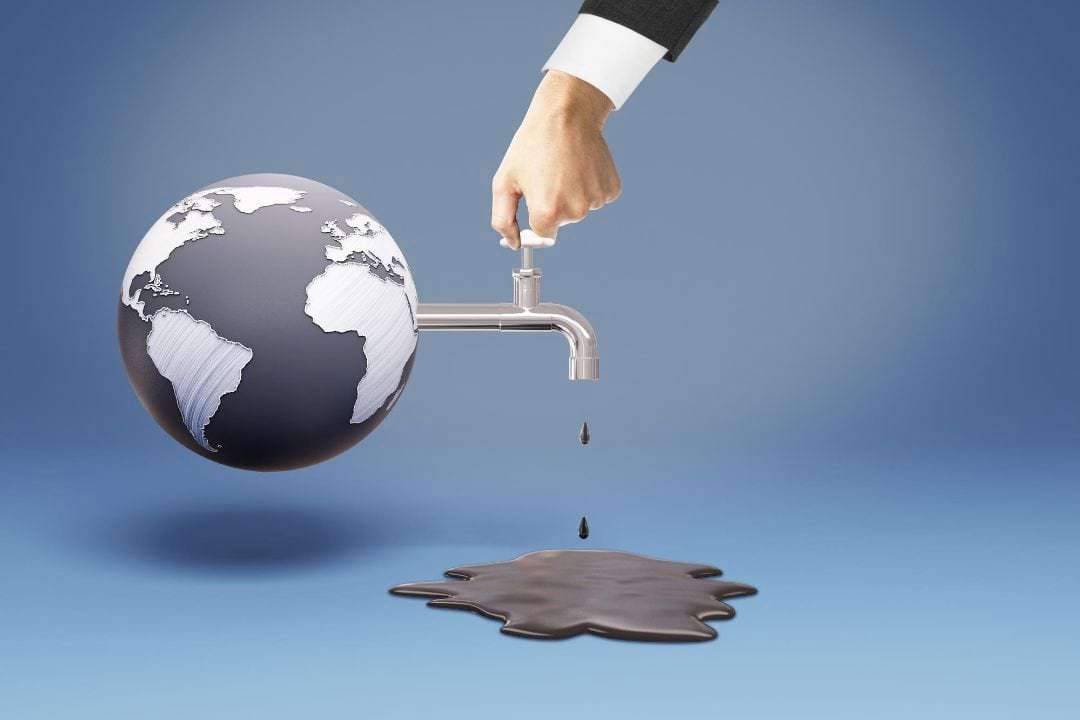The announcement comes as Poland battles a burgeoning legionella pneumophila outbreak, which has killed 16 people to date and may have started in the water supply.
Around the city of Rzeszów in the southeast, 155 infections have so far been confirmed. Additionally, isolated instances have started to emerge in other regions of the nation. Legionella is spread through warm water systems through inhalation, such as during a shower.
A Polish government minister claims that the current outbreak is unrelated to the EU directive's inability to be implemented.
EU nations had until January 12 of this year to put into effect a European directive that, among other things, established limits for legionella bacteria that are acceptable in the water supply and described what to do when these indicators are exceeded or when outbreaks happen.
From the point of intake through the point when water is given to consumers, the regulation imposes stricter criteria for drinking water quality and risk evaluations. By January 2029, it also requires EU nations to evaluate the risks associated with their domestic water distribution networks.
"On the basis of the risk assessment, Member States should take all necessary measures to ensure that appropriate control and management measures are in place, for example in case of outbreaks, and that the migration of potentially harmful substances does not endanger human health," the directive states.
Polish radio station RMF FM was informed by an unnamed spokesman for the European Commission that Poland is one of the nations that has not yet implemented the directive.
The spokeswoman continued, "Therefore, the commission has opened infringement proceedings against Poland for failure to notify transposition measures."
The commission said in March that it was initiating similar action against 20 member states that had not yet put the directive into effect. Germany was one of them, and there had been an increasing number of cases of Legionnaires' illness there recently.
The present bacterial outbreak, according to Poland's minister for Europe Szymon Szynkowski vel Sk, is unrelated to the government's inability to implement the EU water directive.
According to Szynkowski vel Sk, since 2017, "regulations are in force that allow for the proper testing of [water] samples," including for legionella germs.
The minister continued, "There are indications from other nations, like Germany, that increased temperatures are contributing to the spread of this bacterium. "In this case, the legal framework is irrelevant."
The first nine water samples were collected on August 18; the results were revealed on Monday by the provincial sanitary inspectorate in Rzeszów. The duration of this testing is up to ten days.
"The test results showed the absence of bacterial contamination in five samples, a high level of contamination in two samples of hot water, one at a medium level, and in one sample only the presence [of bacteria] was confirmed," stated the inspectorate.
The Rzeszów waterworks are not the source of the diseases as of today, according to the findings, it was added.
In the meantime, illnesses have been discovered in the provinces of Wielkopolska, Maopolska, and Lublin in recent days, marking the first cases to be reported beyond the Subcarpathian province in which Rzeszow is located.

